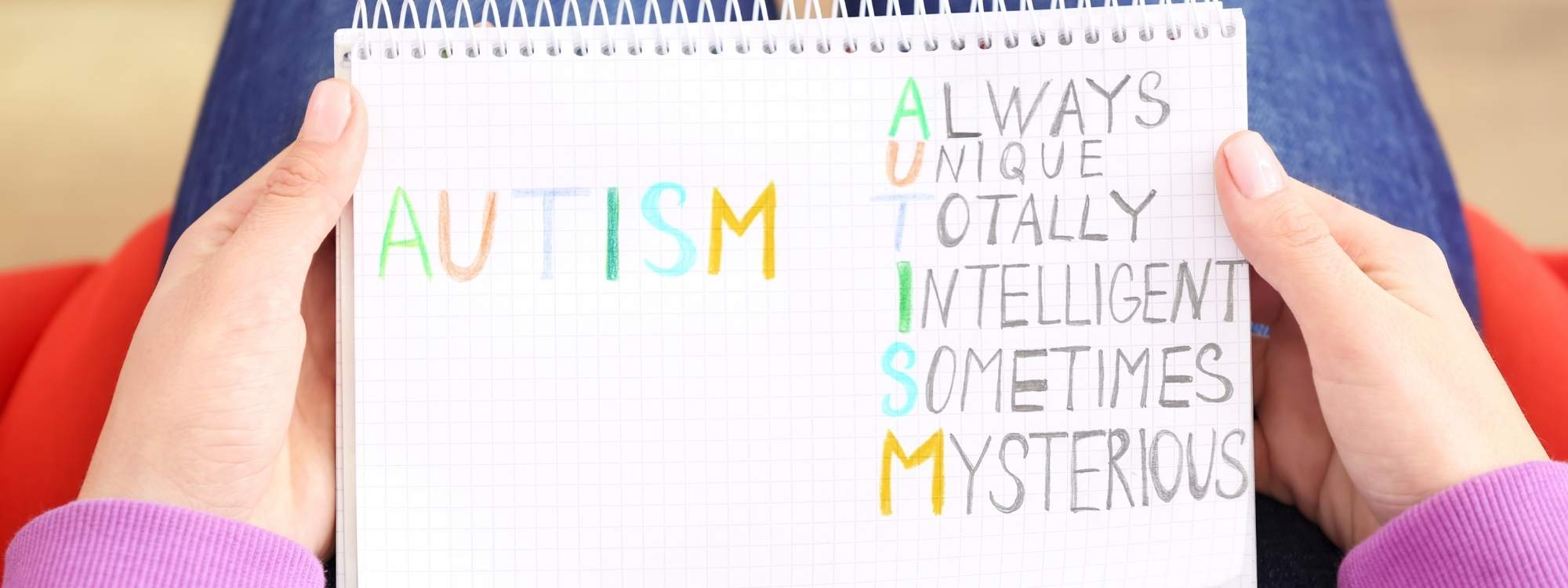Understanding Speech Delays in Autism
Speech and language delays are among the most commonly recognized early signs of autism spectrum disorder (ASD). Understanding why speech delay in autism occurs and the associated developmental delays is essential for timely diagnosis and support. While some children may speak later than others as part of a typical developmental range, consistent or severe speech delays, especially when combined with other social communication differences, can signal autism.
Autism is a neurodevelopmental condition that affects how children process information, interact socially, and communicate. Speech and language skills are often impacted, ranging from mild delays to a complete lack of verbal communication. Early intervention plays a pivotal role in helping children improve social communication skills and reach developmental milestones.
Introduction to Autism Spectrum Disorder
Autism spectrum disorder (ASD) is a complex developmental condition characterized by challenges in communication, social skills, and behavior. ASD affects each individual differently, but difficulties with verbal and nonverbal communication are nearly universal.
Children with autism may exhibit:
- Delayed language development
- Limited use of spoken words
- Difficulty understanding or using body language and facial expressions
- Repetitive behaviors that can interfere with language learning
Early identification of speech delays can prompt earlier autism evaluations and interventions that significantly improve outcomes. The earlier therapy and early intervention begin, the better the chance of strengthening a child’s communication and social skills.
Speech and Language Development
Speech and language development begins in infancy and progresses rapidly during early childhood. Typically developing children begin babbling by 6 months, speaking simple words by 12 months, and combining words by 18 to 24 months.
Language development involves two components:
- Receptive language: understanding spoken words and instructions
- Expressive language: using words, gestures, or other means to express thoughts
In autistic children, both receptive and expressive language may be delayed. Some may rely on gestures or alternative communication methods rather than spoken words, including nonverbal communication. Speech therapists work closely with children to build these foundational communication skills.
Causes of Speech Delays
The causes of speech delay in autism are multifaceted. Research suggests that both genetic and environmental factors contribute to how autism develops and why some children experience speech, language deficits, and language delays.
Potential contributing factors include:
- Neurological differences: Brain development and function in autistic children may affect language processing.
- Oral-motor issues: Difficulties with muscle coordination needed for speech sounds.
- Hearing loss or auditory processing issues can interfere with speech development.
- Co-occurring intellectual disabilities may contribute to broader communication delays.
Environmental factors such as prenatal exposure to toxins or lack of social interaction in early childhood may also play a role. However, no single cause is responsible, as noted in the Diagnostic and Statistical Manual, and speech delays present differently in every autistic child.
Signs of Delayed Speech
Recognizing the signs of delayed speech is crucial for early diagnosis. Parents often notice that their child isn’t reaching typical developmental milestones related to speech, language comprehension, or language.
Common signs include:
- Limited babbling or cooing in infancy
- Few spoken words by age 2
- Inability to combine words or form simple sentences
- Difficulty following simple instructions
- Lack of interest in social interaction or playing with peers
Some children with autism may also display nonverbal communication challenges, such as avoiding eye contact or struggling to interpret tone of voice and facial expressions. These difficulties can further complicate a child’s ability to communicate effectively.
The Impact on Social Communication
Speech delays significantly impact a child’s ability to engage socially. For autistic children, delayed or absent verbal communication can make it difficult to form relationships, express emotions, or ask for help, leading to difficulty communicating.
Social communication challenges may include:
- Trouble initiating or sustaining conversations
- Difficulty understanding social cues like tone, gestures, or body language
- Limited use of functional language
Many children with autism also experience anxiety in social settings due to their communication difficulties. Speech-language pathologists and therapists can introduce strategies like augmentative and alternative communication (AAC), including sign language, picture boards, or speech-generating devices, to support more effective expression, including social skills training.
Repetitive Behaviors and Communication
Repetitive behaviors such as hand flapping, rocking, or repeating words (echolalia) are common in autistic children and can impact speech development. These behaviors may serve as a coping mechanism, but can also interfere with typical communication.
Children who exhibit these behaviors may:
- Repeat words without understanding (immediate or delayed echolalia)
- Fixate on certain phrases or topics
- Struggle with back-and-forth conversation
Speech therapists often address these behaviors by helping the child develop alternative communication methods that are more functional and socially adaptive. Integrating sensory strategies and behavioral interventions can help reduce reliance on repetitive behaviors.
Speech and Language in Autism
Speech and language difficulties vary widely in autistic children. Some children may be nonverbal, while others develop strong vocabularies but struggle with pragmatic language (the social use of language), showing signs of expressive language delay.
Key points to understand:
- Autism speech delay can involve expressive, receptive, or both language components.
- Some autistic children learn to speak fluently but still face challenges in interpreting sarcasm, idioms, or social nuance.
- Speech and language support must be tailored to each child’s communication profile.
Therapies such as Applied Behavior Analysis (ABA) and speech-language therapy are often combined to build communication, social, and cognitive skills over time.
The Role of Her Environment
A child’s environment can influence the severity and progression of speech delay in autism. Stimulating, language-rich environments foster communication, while environmental stressors may exacerbate delays.
Environmental influences may include:
- Family interaction patterns (e.g., limited verbal engagement)
- Exposure to toxins during pregnancy
- Access to early childhood education and intervention
Occupational therapists often work alongside speech therapists to support fine and gross motor development, which also contributes to communication. When therapy begins early, children are more likely to make progress toward verbal expression and independence.
Conclusion
Understanding why speech delay in autism occurs is critical for early diagnosis and effective support. While speech and language challenges are common among autistic children, they are highly treatable through personalized, evidence-based interventions. By combining speech therapy, AAC methods, and supportive environments, families and professionals can help children with autism reach their full communication potential.
Worried about your child’s speech delay? At Champions ABA, we specialize in supporting autistic children with personalized speech and language strategies rooted in ABA therapy. Our team of certified professionals helps children build communication skills and confidence, step by step. Call us now or visit our website to learn how we can support your child’s development today.
FAQs
How do you treat autism speech delay?
Treating speech delay in autism typically involves a multidisciplinary approach. Speech-language pathologists work with children to develop expressive and receptive language skills. ABA therapy may also be used to reinforce language behaviors, including speech sound production. Tools like AAC devices, sign language, and structured routines are often part of the treatment plan.
What is the cause of speech delay?
Speech delay can result from a range of factors, including autism spectrum disorder, hearing impairments, intellectual disabilities, oral-motor problems, and environmental influences. In autistic children, the delay is often tied to differences in brain development and sensory processing.
What causes a lack of speech in autism?
Lack of speech in autism can be caused by a combination of neurological, sensory, and social communication challenges. Some children have difficulty producing speech sounds due to motor planning issues, while others may not understand the functional use of language. Echolalia and nonverbal communication may also replace spoken language in some cases.
At what age does autism show?
Signs of autism can appear as early as 12 to 18 months. These signs may include delayed speech, limited eye contact, repetitive behaviors, and a lack of interest in social interaction. Most children receive a diagnosis between the ages of 2 and 4, but earlier detection is possible with developmental screenings.



